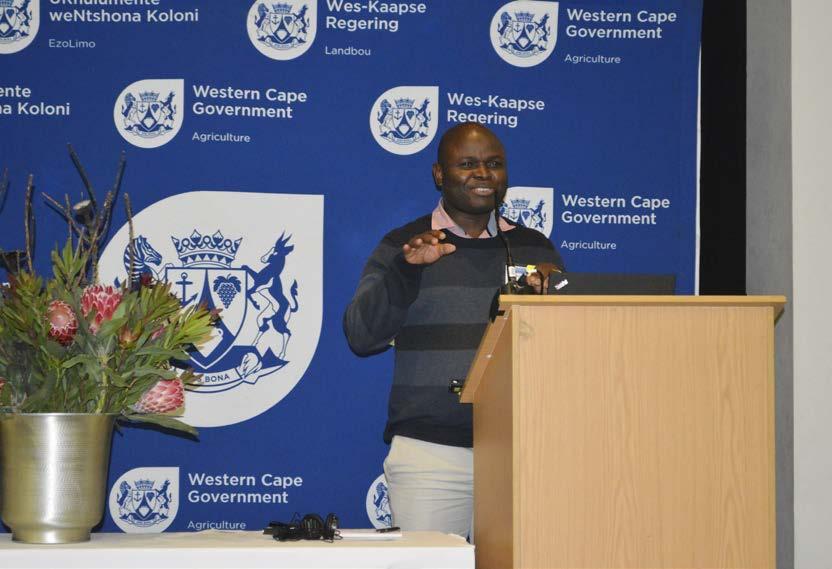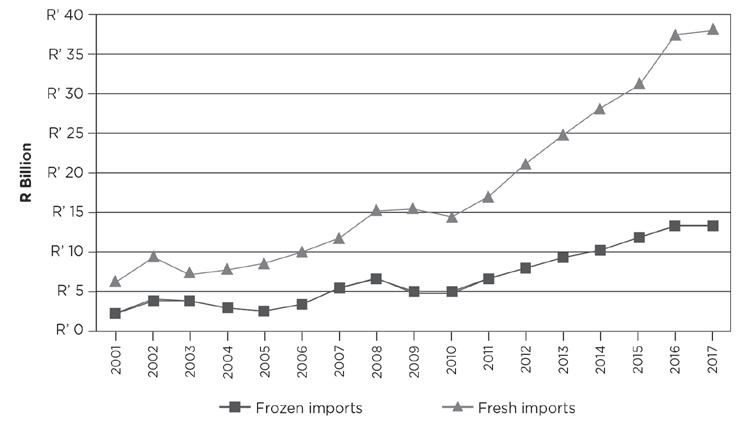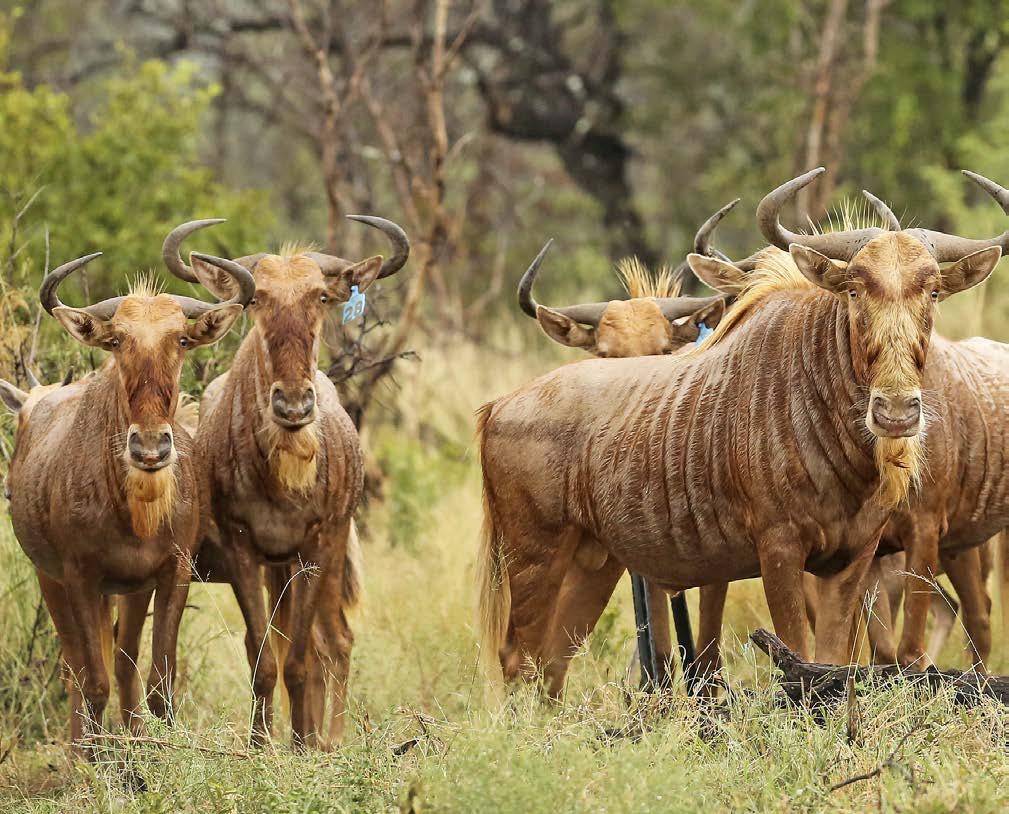
2 minute read
Consultation process on Producer Support Policy kicks off
by WCDOA pubs
by Giselle Terblanche
TThe department recently hosted the first provincial workshop to gather input on the draft National Policy on Comprehensive Producer Development Support. The purpose of the new policy is to guide and regulate support to farmers. It aims, among other things, to standardise producer categories and facilitate access to tailored support.
The policy was developed by the Department of Agriculture, Forestry and Fisheries (DAFF), in consultation with a variety of stakeholders such as agri businesses and commodities and has been presented at MINMEC and other clusters. The next step in the process is to get farmer input at provincial level, a process that was started in the Western Cape. Once done with provincial consultations, a national consultative workshop will be held.

According to Jeffrey Ngaka (DAFF) this policy will be regulating the support initiatives to the various categories of producers. He said the policy is being drafted because the constitution requires that everyone has sufficient access to water and food. “We have limited resources to achieve that, therefore it must be well regulated. Measures must be put in place to ensure there is equal distribution. We must ensure the support in the sector is standardised.”
He went on to say that there are various challenges in the sector, such as land and water as well as access to finance and markets. “Hence we find that in the sector there is skewed participation along the value chain”.
According to Jeffrey productivity is still a challenge and there is an issue of skills shortages. If farmers don’t get support timeously it leads to a lack of productivity and inadequate production on land reform farms.
The policy makes provision for the establishment of a comprehensive producer register. All farmers will have to register on a central database and will then be issued with a Producer Registration Number in order to access support.
Sustainable management of resources are also emphasised in the document and optimal utilisation of natural resources strongly encouraged. Farmers must respond in an effective way to climate challenges.
Nkhangweleni Ramashia (DAFF) explained that the policy looks at financial and non-financial support to farmers. He elaborated on the reason behind the comprehensive stakeholder consultation process. “The national department alone doesn’t have the wisdom to get everything right. The idea is to critically assess the draft policy and get input and recommendations so that we can improve on the existing document,” he said. “We want to identify problems and see how they can be resolved. We don’t want to come up with a policy, but the people who are part of it have not contributed. The policy must belong to the stakeholders.”
According to Joyene Isaacs, Head of the Western Cape Department of Agriculture, the policy proposes a new system of farmer categorisation. The categories determine the amount of financial support farmers are entitled to. Government has started a process of developing a “blended finance” model, meaning that financial support to farmers will be in the form of grants and loans. The category will determine the “mix” of the blend. Part of this process is to regulate the access by black farmers to the funding within a contained environment. Amounts will be reviewed annually.
She urged farmers to look at their farms as businesses that have to make money, not social activities, and therefore to ensure they have proper business plans in place and make optimal use of agricultural advisors. “This is a new era of doing things,” Joyene emphasised. She encouraged farmers to familiarise themselves with the new categorisation in order to understand the implication for their businesses. “Think of the processes you must put in place to put your businesses on a level where you can farm with only loans or completely without it.” The policy is about “graduating” black farmers to become commercial farmers and being independent. She calls on farmers to take the new policy seriously, because it affects them directly. The policy categorises farmers in terms of their businesses, not black, white, emerging, etc. AP
For more information, contact Adele Isaacs-Cloete: adelei@elsenburg.com










